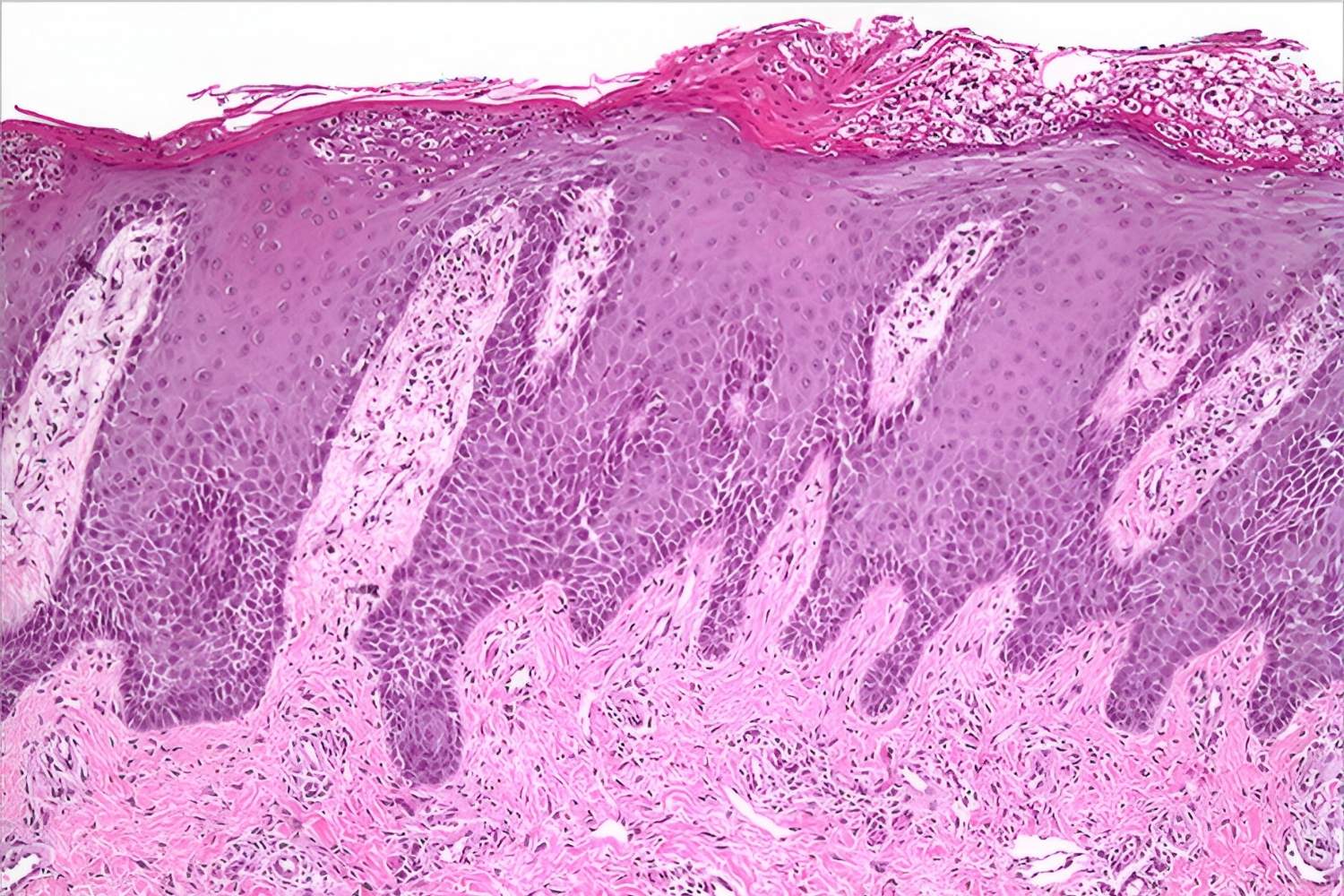
Von Zumbusch Generalized Pustular Psoriasis is a rare, severe form of psoriasis that can be life-threatening if not treated promptly. Unlike typical psoriasis, which presents as red, scaly patches, this type causes widespread pustules filled with non-infectious pus. Symptoms often include fever, chills, severe itching, and fatigue. Triggers can range from infections to certain medications. Treatment usually involves systemic therapies like retinoids, cyclosporine, or biologics. Early diagnosis and intervention are crucial to manage this condition effectively. Understanding the causes, symptoms, and treatments can help those affected lead a better quality of life. Let's dive into 25 essential facts about this challenging condition.
Key Takeaways:
- Von Zumbusch Generalized Pustular Psoriasis is a rare and severe form of psoriasis that can be life-threatening if not treated promptly. It is characterized by widespread pustules and systemic symptoms like fever and severe itching.
- Early diagnosis and effective treatment are crucial for managing Von Zumbusch Generalized Pustular Psoriasis. Patients may need hospitalization, topical or systemic medications, and supportive care to prevent serious complications.
What is Von Zumbusch Generalized Pustular Psoriasis?
Von Zumbusch Generalized Pustular Psoriasis (GPP) is a rare and severe form of psoriasis. It is characterized by widespread pustules and can be life-threatening if not treated promptly. Here are some intriguing facts about this condition.
-
Named After a Dermatologist: The condition is named after Dr. Leo von Zumbusch, a German dermatologist who first described it in 1910.
-
Rapid Onset: GPP can appear suddenly, often without warning, and can escalate quickly.
-
Widespread Pustules: This type of psoriasis is marked by the appearance of pustules, which are small, pus-filled blisters.
-
Systemic Symptoms: Patients often experience fever, chills, and severe itching alongside skin symptoms.
-
Triggers: Common triggers include infections, stress, certain medications, and withdrawal from systemic steroids.
Symptoms and Diagnosis
Understanding the symptoms and how doctors diagnose GPP is crucial for early intervention.
-
Red, Tender Skin: The skin becomes red, tender, and covered with pustules that can merge to form larger areas of pus.
-
Nail Changes: Patients may notice changes in their nails, such as pitting or separation from the nail bed.
-
Blood Tests: Elevated white blood cell counts and inflammatory markers are common in blood tests.
-
Skin Biopsy: A skin biopsy can help confirm the diagnosis by showing specific changes in the skin layers.
-
Differential Diagnosis: Doctors must rule out other conditions like bacterial infections or other types of pustular psoriasis.
Treatment Options
Effective treatment is essential to manage symptoms and prevent complications.
-
Hospitalization: Severe cases often require hospitalization for intensive treatment and monitoring.
-
Topical Treatments: Steroid creams and ointments can help reduce inflammation and pustules.
-
Systemic Medications: Drugs like methotrexate, cyclosporine, and acitretin are commonly used.
-
Biologics: Newer treatments involve biologic drugs that target specific parts of the immune system.
-
Supportive Care: Patients may need fluids, pain relief, and treatment for secondary infections.
Complications and Prognosis
GPP can lead to serious complications if not managed properly.
-
Sepsis: The risk of sepsis, a life-threatening infection, is higher in GPP patients.
-
Electrolyte Imbalance: Fluid loss through the skin can lead to dangerous electrolyte imbalances.
-
Organ Involvement: In severe cases, organs like the liver and kidneys can be affected.
-
Psychological Impact: The condition can lead to significant emotional and psychological distress.
-
Long-term Management: Chronic management often involves regular follow-ups and adjustments in treatment.
Research and Future Directions
Ongoing research aims to improve understanding and treatment of GPP.
-
Genetic Factors: Studies suggest that genetic mutations may play a role in the development of GPP.
-
New Therapies: Researchers are exploring new drugs and treatment approaches to improve outcomes.
-
Patient Registries: International registries help collect data to better understand the condition and its impact.
-
Clinical Trials: Patients may have the opportunity to participate in clinical trials for new treatments.
-
Awareness and Education: Increasing awareness among healthcare providers and the public is crucial for early diagnosis and treatment.
Final Thoughts on Von Zumbusch Generalized Pustular Psoriasis
Von Zumbusch Generalized Pustular Psoriasis (GPP) is a rare, severe form of psoriasis that demands attention. Understanding its symptoms, triggers, and treatments can make a huge difference in managing this condition. Early diagnosis and proper medical care are crucial for those affected. Treatments range from topical therapies to systemic medications, and sometimes even biologics. Lifestyle changes, like stress management and a healthy diet, can also help. Remember, each case is unique, so what works for one person might not work for another. If you or someone you know is dealing with GPP, consult a healthcare professional for personalized advice. Stay informed, stay proactive, and don't hesitate to seek support. Knowledge is power when it comes to managing any health condition, especially one as challenging as Von Zumbusch GPP.
Frequently Asked Questions
Was this page helpful?
Our commitment to delivering trustworthy and engaging content is at the heart of what we do. Each fact on our site is contributed by real users like you, bringing a wealth of diverse insights and information. To ensure the highest standards of accuracy and reliability, our dedicated editors meticulously review each submission. This process guarantees that the facts we share are not only fascinating but also credible. Trust in our commitment to quality and authenticity as you explore and learn with us.
